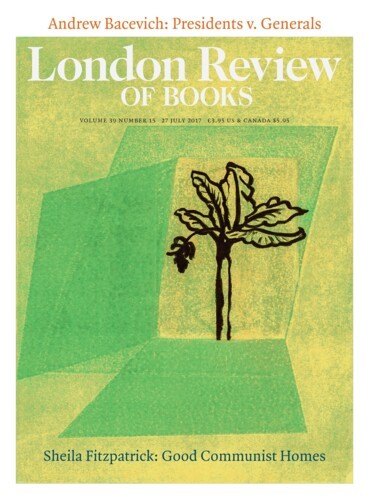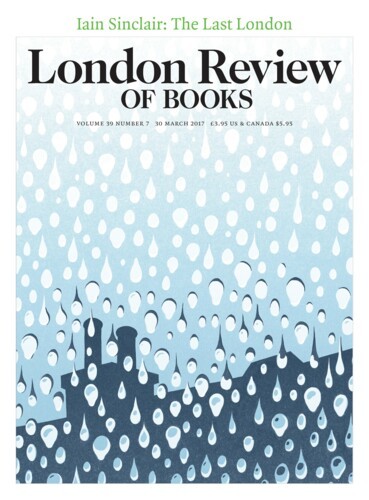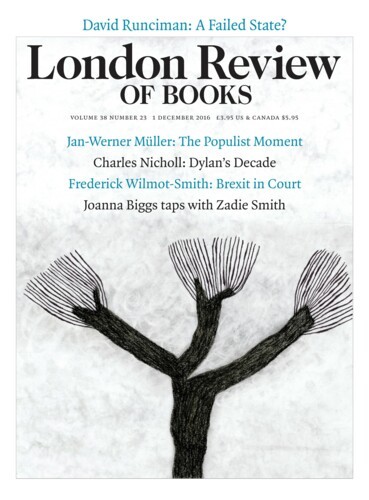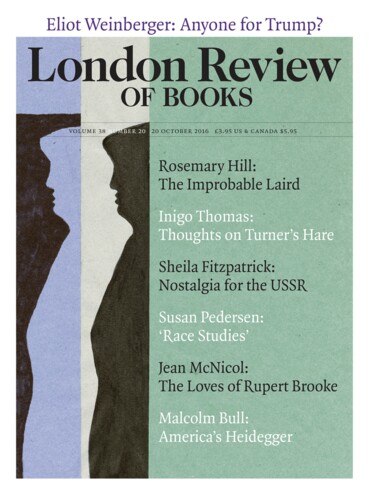Good Communist Homes
Sheila Fitzpatrick, 27 July 2017
The extraordinarily detailed information on the households and the complexity of their domestic relations is one of the remarkable and unique aspects of this book. Nobody knew what a good communist home ought to be like, Yuri Slezkine remarks, but on the basis of House of Government data it looks strikingly non-nuclear. Partnerships shifted, not always rancorously, so that an ex-wife plus children might be living down the hall from the new wife plus children, with the husband dividing his time between the flats.




